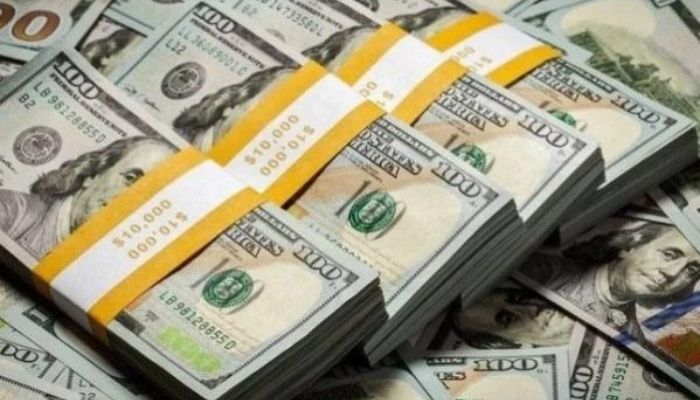
External reserves jump by $490m one week
By Seun Ibiyemi
Nigeria’s external reserves, also known as foreign currency reserves, jumped by $490 million in one week following the successful issuance of domestic dollar bonds by the Debt Management Office (DMO).
Data from the Central Bank of Nigeria (CBN) showed that the external reserves grew to $36.73 billion as of September 10, 2024, from $36.24 billion recorded on September 2, 2024.
On August 19, 2024 the Nigerian Government issued $500 million, the first series of the $2 billion domestic US dollar bond to investors, to stabilise the economy.
During the hybrid roadshow of the domestic US dollar bond in Lagos on August 15, 2024, Wale Edun, the Minister of Finance and Coordinating Minister of the Economy, said the move would enhance foreign currency reserves.
The naira on Wednesday recorded 5.06 percent gain on the official foreign exchange (FX) market following an increase in dollar supply to $221.24 million in one trading day.
After trading on Wednesday, the naira appreciated by 5.06 percent as the dollar was quoted at N1,558.75 compared to N1,637.59 quoted on Tuesday at the Nigerian Autonomous Foreign Exchange Market (NAFEM), according to data from the FMDQ Securities Exchange Limited.
In what is considered a landmark transaction, the Federal Government raised over $900 million from investors.
The bond, which was over 180 percent subscribed, marks a crucial step in broadening Nigeria’s funding avenues amid global economic headwinds. It reflects growing investor confidence in the nation’s economic outlook.
According to him, the move aims to stabilise the exchange rate, manage inflation, and ultimately reduce interest rates.
“We are very pleased to announce the successful launch of this crucial domestic issuance of Federal Government U.S. dollar bonds to the investing public and other stakeholders. Under President Bola Ahmed Tinubu, the macroeconomic reforms have made bold and courageous strides to stabilise the economy while fostering innovation, creativity, and imagination among all economic actors, including those in the financial markets,” Edun stated.
He added, “This historic issuance will provide essential foreign exchange liquidity and boost reserves, which will help stabilise the exchange rate, manage inflation, and eventually lower interest rates. It will also lay the foundation for increased investment by both domestic and foreign direct investors.”




